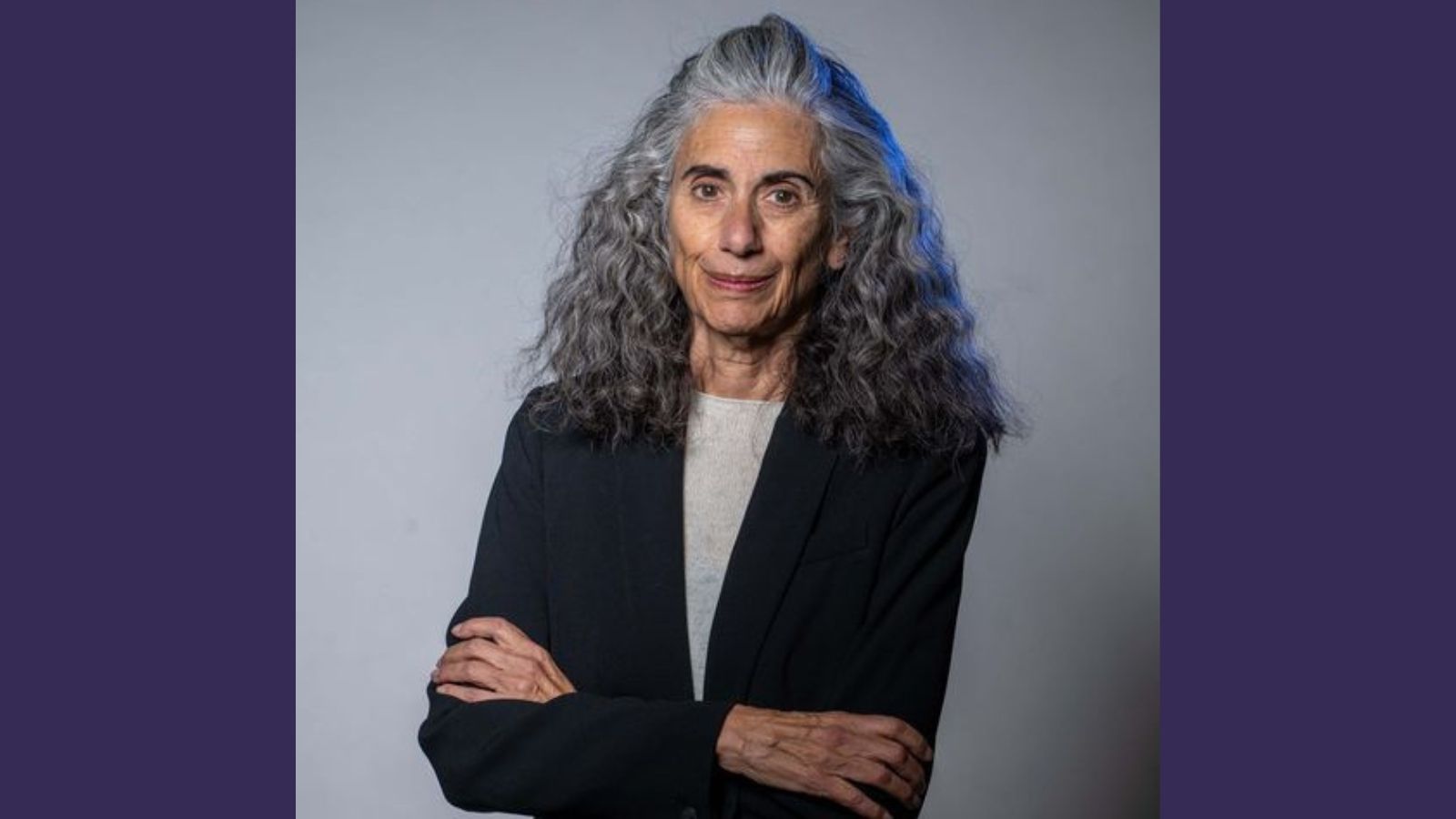New Report by Prof. Gonyea Explores How Age Affects Voting in the U.S.

Generational divisions in politics continue to drive campaigns, voting policies and research, but are often misunderstood. In fact, many assumptions about the voting patterns of different age demographics are often based on outdated information as one generation passes on and another takes its place. To combat these issues, a new report by Prof. Judith Gonyea from BU School of Social Work shares the latest insights on how age affects voting habits to help politicians, policy makers, and researchers increase voting access for all.
Cross-sectional comparisons of younger and older voters “consistently suggest relatively low voting rates in early adulthood, followed by a steady climb in voting with each additional year of life and ultimately peaking in one’s late 50s or early 60s, and then some decline with advanced old age,” says Gonyea. Unlike previous assumptions that cite fewer lifestyle changes leading to higher voter turnout as people age, recent research suggests that voting is linked to a person’s resources. In particular, socio-economic status and a person’s physical, mental, or emotional health is a significant indicator of whether they will vote, suggesting that equitable access to voting is a major civic issue. While the growing popularity of absentee voting mitigated these trends during the COVID-19 pandemic and beyond, older people with more financial instability are still less likely to vote than their wealthier counterparts. This pattern suggests that more significant steps must be taken to make voting more equitable among older adults.
Additionally, “successive generations are increasingly different demographically, socially, and technologically compared to prior ones,” says Gonyea. For instance, Baby Boomers vote differently than when the Silent Generation or the Greatest Generation were in their 60s, 70s, and 80s. Unacknowledged shifts in these demographics can lead to mistakes from decision makers who continue to operate as if people within an age demographic have the same voting habits generation to generation. This issue is especially evident in how current older adults vote on welfare issues compared to previous generations. As a group that came of age during the 1970s neoliberalism movement, Baby Boomers are less likely to approve of welfare for the elderly despite the fact that they are in this category. “Boomers carry negative political baggage that could undermine their longstanding political legitimacy of older persons as a deserving population,” Gonyea explains.
However, differentiation within generations grows with each successive group, leading to additional issues in oversimplifying voting habits by age. Gonyea stresses decision makers should identify cohorts by partisanship rather than age to better understand voting habits and avoid blind spots. “We must strive to avoid stereotyping and recognize that the generations are not monolithic. We can achieve this objective by not only lifting up differences, but also highlighting areas of political consensus across age groups.”